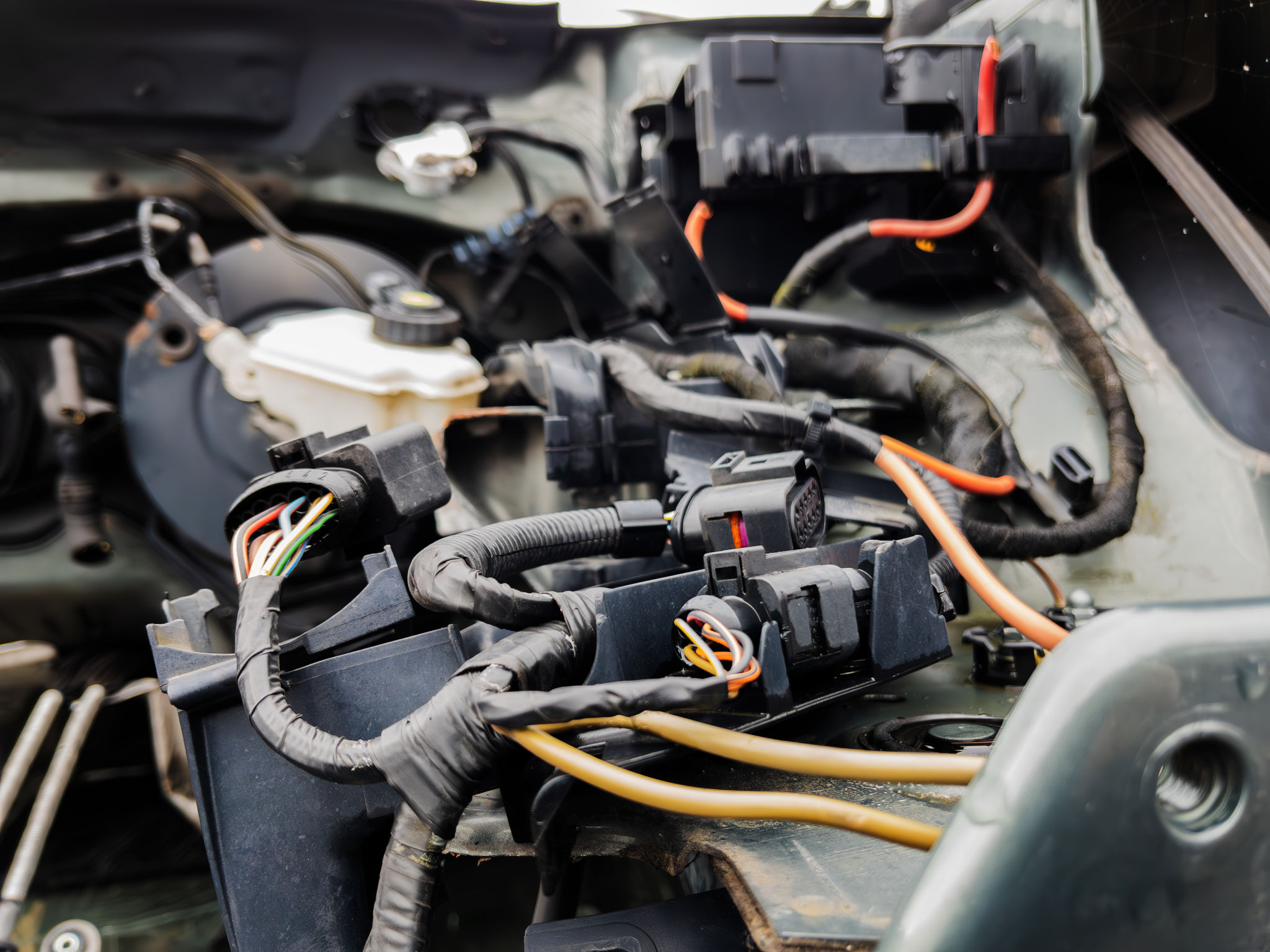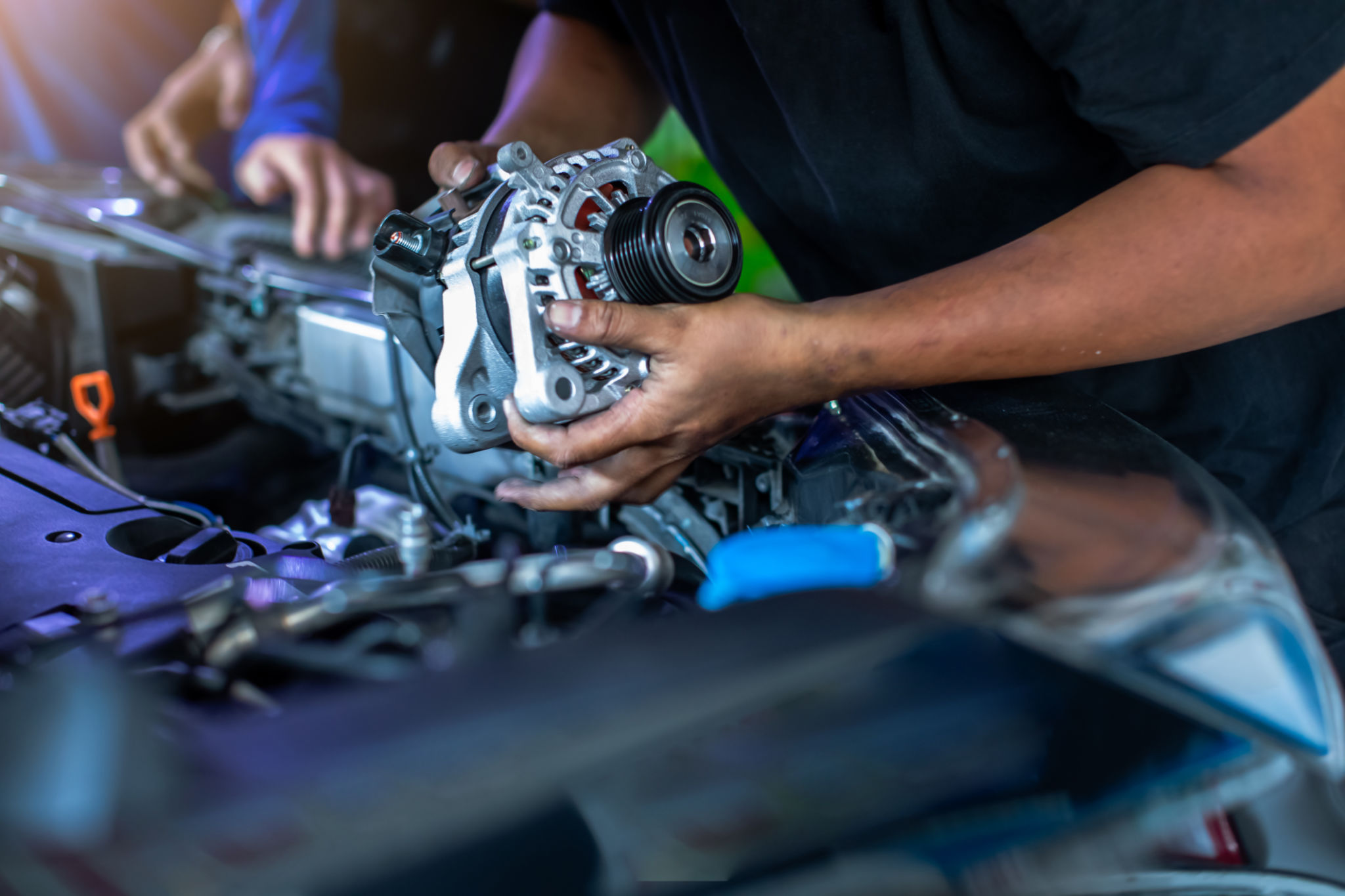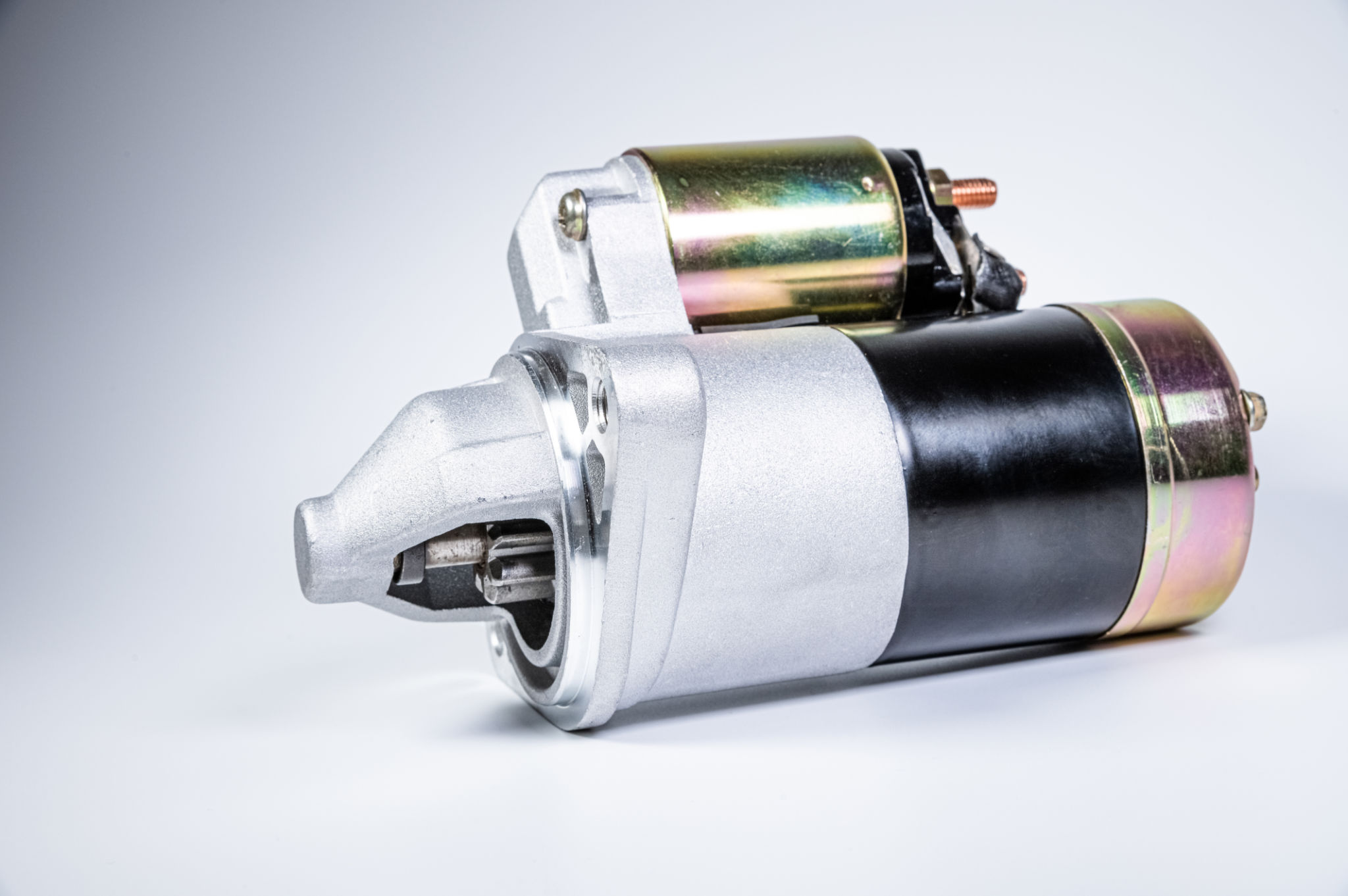Alternator vs. Starter Motor: Understanding Your Car's Electrical System
Understanding the Basics of Your Car's Electrical System
When it comes to your car's electrical system, two key components play crucial roles: the alternator and the starter motor. These components ensure your vehicle starts smoothly and continues to run efficiently. Understanding their functions can help you diagnose issues and maintain your vehicle's performance.
The electrical system is an intricate network that powers everything from your headlights to your radio. The alternator and starter motor are integral to this system, each serving a unique purpose. Let's delve into how they work and what makes them essential.

The Role of the Alternator
Powering Your Vehicle
The alternator is a generator that produces electricity to power your car while the engine is running. It converts mechanical energy into electrical energy, which charges the battery and powers the electrical systems. This continuous charging ensures that the battery remains full, even when you're using electrical accessories.
Signs of a Failing Alternator
A malfunctioning alternator can lead to a series of problems. Dim headlights, a dead battery, or strange noises can indicate an alternator issue. If you notice any of these signs, it's crucial to have your alternator checked by a professional mechanic promptly.

The Function of the Starter Motor
Getting Your Engine Running
The starter motor is responsible for cranking your engine when you turn the ignition key or press the start button. It draws power from the battery to initiate the engine's operation. Once the engine starts, the alternator takes over, and the starter motor's job is done until the next ignition.
Recognizing Starter Motor Problems
If your vehicle struggles to start or doesn't start at all, the starter motor might be at fault. Clicking sounds or a complete lack of response when trying to start the engine are common indicators. Addressing these issues early can prevent further damage to your vehicle's electrical system.

Maintaining Your Car's Electrical System
Regular maintenance can help extend the life of both the alternator and starter motor. Here are some tips to keep these components in optimal condition:
- Regularly check and clean battery terminals.
- Inspect belts and connections for wear and tear.
- Ensure all electrical components are functioning correctly.
When to Seek Professional Help
While some issues can be resolved with basic maintenance, others require professional intervention. If you're experiencing persistent electrical problems, or if you're unsure about diagnosing an issue, it's best to consult with a trusted mechanic.
A professional assessment can prevent further complications and ensure that your car's electrical system remains reliable. Taking proactive steps can save you time and money in the long run while ensuring safety on the road.
